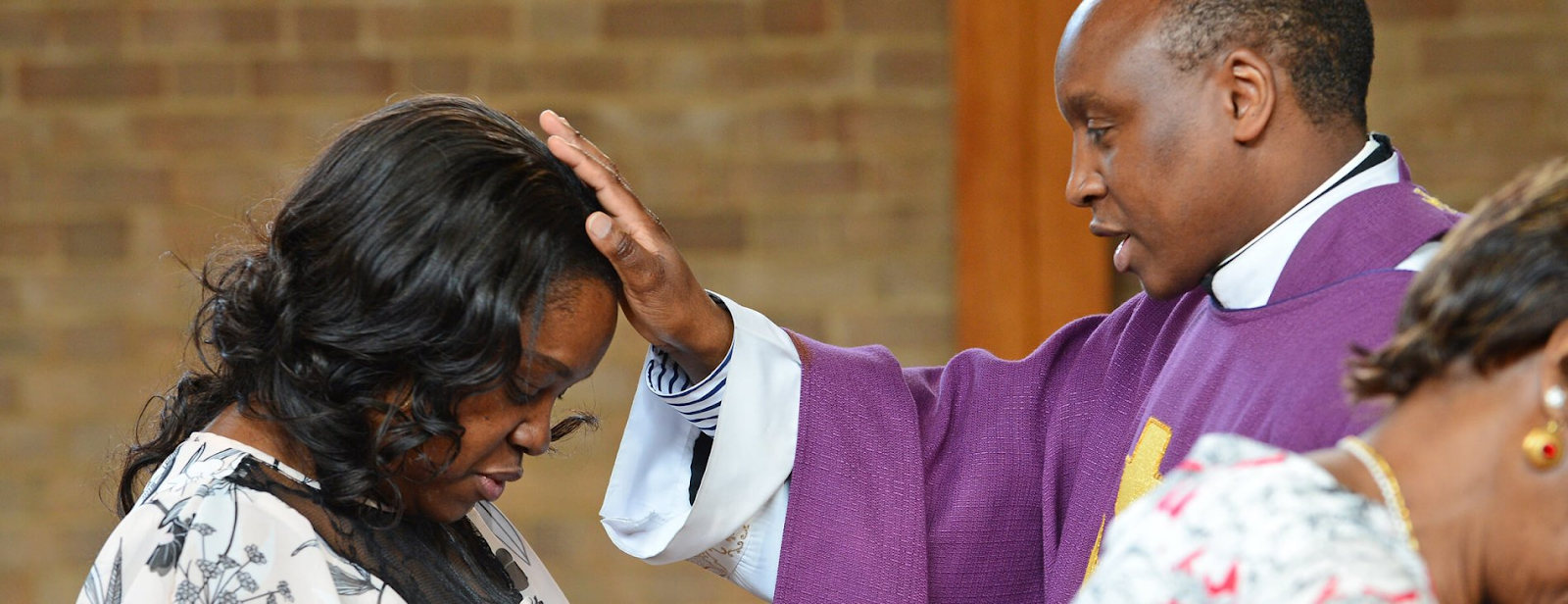HOW WE CAN BE LEAVEN IN OUR CULTURE
HOW WE CAN BE
LEAVEN IN OUR CULTURE
The elections have come and gone,
and the “red wave,” that some hoped for, and others feared, did not
materialize, although the U.S. Congress may change majorities, which is not
certain at the writing of this article. Either
way, the issues that inspired people to go to the polls will not go away, but
hopefully the lying, nasty rhetoric, and name-calling will go away. What is certain is that the wave of problems
besetting our country will not come to an end, and we will have to deal with
them. There are many important issues,
and we ought to seek the best solutions to them. But the greatest threat to the well-being and
happiness of the American people, I believe, cannot be solved by political
means. There has to be a change in our culture.
The rejection of traditional
moral values has resulted in many miserable lives. Families are unstable and marriages are
temporary. Children feel lost and
unwanted. People doubt their own
identity as male or female. With decline
in belief in God has also come decline in belief in natural law. If there is no God, there is no order, and
everything is haphazard. Nature for us
then is what we want it to be, regardless of the consequences. The preoccupation with self-fulfillment makes
us selfish and we lose respect for tradition, law, and authority. Politics will not solve the fundamental
problem in our culture, for the root cause is spiritual. To help our culture we need to help people
rediscover God and objective truth.
How do we do this? I suggest we do it by being more
authentically Christian at home, at work, in the neighborhood, in school, or wherever
we happen to be. We need to stop biting
our tongues! Let us overcome our fear of
standing out or of being criticized.
People pushing crazy ideas are not afraid to stand out, for example, men
wearing women’s underwear and reading stories to children in public libraries. Why are we afraid to show that we love God and
believe that everyone was created in his image and likeness? Why do we hide our fundamental beliefs from
others? We need to stop going along to get
along. Our silence is making things
worse.
We should not be afraid to be who
we are. In the Gospel this Sunday Jesus says,
“They will seize you and persecute you…they will have you led before kings and
governors because of my name. It will
lead to your giving testimony.” We might
not be led before kings and governors, but we surely will encounter situations
that will provide opportunities to give testimony. Who are we benefitting by remaining silent?
I am not talking about harassing
people. Rather, the good lives we live
are a testimony. They are not perfect,
which we should readily admit, but the way we live gives witness to the value we
place on our Catholic faith. Let it be
seen and heard! For example, when
talking about your weekend with co-workers, do you mention going to church? Or what struck you in the weekend homily or
the readings? If the occasion permits,
might you even invite someone to help you in a work of mercy, or to come with
you to Mass and go out for brunch afterwards.
Sometimes good Christians hold
back because they are not confident in talking about their faith. But you don’t have to know all the
answers. Again, Jesus says, “Remember,
you are not to prepare your defense beforehand, for I myself shall give you a
wisdom in speaking that all your adversaries will be powerless to resist or
refute.” Realize that God is with you
throughout the day, and he is ready to give you the words you need at the right
time. And if your mind goes blank, get
some help, from a brother or sister in Christ, perhaps, or from a good Catholic
online source, such as Catholic Answers, New Advent, EWTN, or the United States
Conference of Catholic Bishops.
We might not think that we have
something profound to say, but it just might be what someone needs to hear. After all, we know from experience that “Blessed
are those whose way is blameless, who walk in the law of the Lord” (Psalm
119:1). Why not share this truth with
others, by letting them see it in the way you live, in the way you work, and in
your conversation?




Comments
Post a Comment